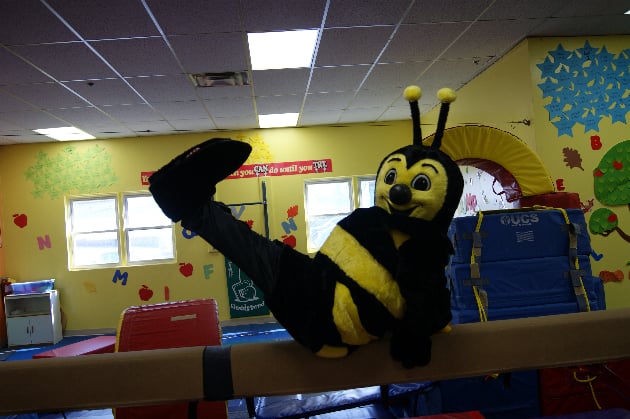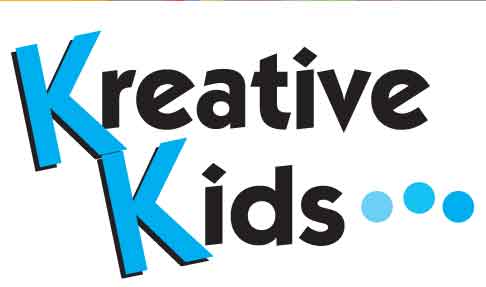
Back-to-School Tips for Special Needs Families
3 things you can do to ensure your child with special needs has a successful school year
Get the Best Family Activities
- Practice yoga and meditation.
- Meet up with friends.
- Discuss what will be the same and what will be different.
- Maintain consistency in sleep, homework, and activity times.
- Practice techniques used to calm down when upset.
- Repeat positive affirmations.
Establish Good Lines of Communication
Because children spend so many hours a day at school with teachers and related service providers, it’s important for parents to help lay the groundwork for continuous, meaningful communication throughout the year. These are some methods you can employ:
- Establish a communication log that travels with your child.
- Schedule brief, periodic 1-on-1 meetings with members of your child’s team.
- When you have a concern, mention it as soon as possible.
- When you’re pleased about something, express that as well.
Having a support system of friends, family, and professionals makes a tremendous difference in a person’s life, particularly when raising a child with special needs. Participating in parent organizations, social programs, and community events can help you create a strong network of people who provide information, encouragement, and assistance when navigating new school years and other difficult moments of your journey.








